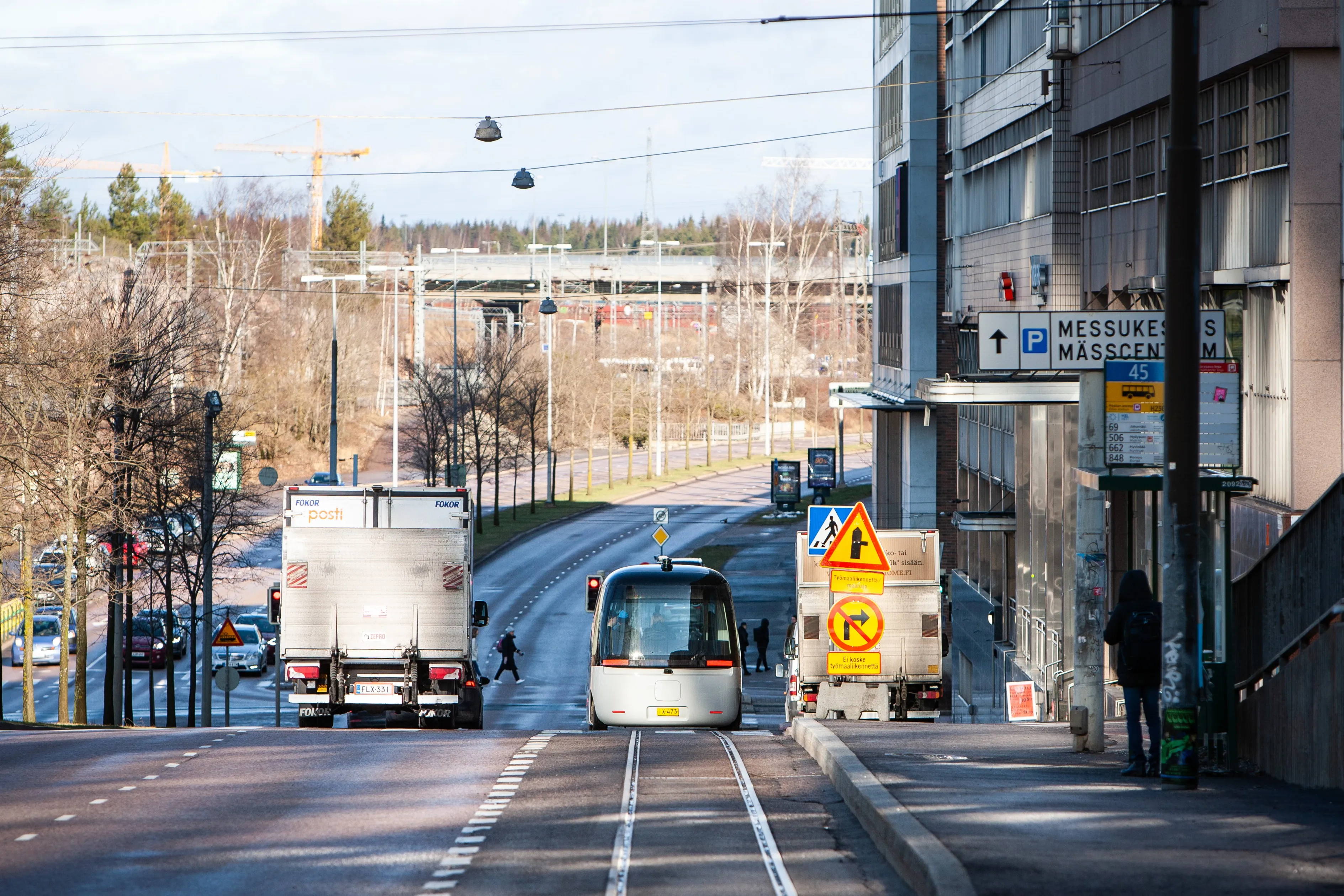California’s Autonomous Vehicle Testing Regulations require every manufacturer authorised to test autonomous vehicles (AV) on public roads to submit an annual report summarising the disengagements, or deactivation of the autonomous mode, of the technology during testing.
Eleven manufacturers are currently testing autonomous vehicles on the state’s roads, seven of which (VW/Audi, Mercedes Benz, Google, Delphi Automotive, Tesla Motors, Bosch, and Nissan) were required to submit their first disengagement re
January 14, 2016
Read time: 3 mins
California’s Autonomous Vehicle Testing Regulations require every manufacturer authorised to test autonomous vehicles (AV) on public roads to submit an annual report summarising the disengagements, or deactivation of the autonomous mode, of the technology during testing.
Eleven manufacturers are currently testing autonomous vehicles on the state’s roads, seven of which (VW/2125 Audi, 1685 Mercedes Benz, 1691 Google, 7207 Delphi Automotive, 597 Tesla Motors, 311 Bosch, and 838 Nissan) were required to submit their first disengagement reports by 1 January 2016.
Bosch, which tested two vehicles over 942 miles, reported 625 disengagements, but claimed all were ‘planned technology tests’.
Delphi’s two cars drove a total of 16,662 miles and reported around 397 disengagements. 28 of these cases had been precautionary, because of nearby pedestrians or cyclists, and 212 had been due to difficulties making out road markings or traffic lights
In 1,485 miles, Nissan’s four vehicles recorded 106 disengagements, mainly to avoid being rear-ended or rear-ending another vehicle, or due to AV system failure.
Mercedes’ two vehicles reported 529 disengagements in 1,379 miles, mainly because the driver was uncomfortable with the software’s behaviour
Tesla reported no disengagements.
Volkswagen tested two vehicles, which drove 14,945 miles and reported 260 disengagements due to watchdog error or ‘basic vehicle requirements not being satisfied’.
Google’s fleet of cars drove a total of 424,331 miles on public roads, reporting 272 disengagements where the vehicle’s software detected a failure and a further 69 where the driver took control of the vehicle because he perceived a safety threat.
Non-profit public interest group Consumer Watchdog called on Google to release any videos of the incidents, as well as technical data gathered immediately preceding the disengagements.
“The DMV got it exactly right and is putting our safety first,” said privacy project director John M. Simpson. “How can Google propose a car with no steering wheel, brakes or driver when its own tests show that over 15 months the robot technology failed and handed control to the driver 272 times and a test driver felt compelled to intervene 69 times?
“Release of the disengagement report was a positive step, but Google should also make public any video it has of the disengagement incidents, as well as any technical data it collected so we can fully understand what went wrong as it uses our public roads as its private laboratory,” Simpson said.
In its report, Google claims that the number of autonomous miles being driven between manual control disengagements is increasing steadily over time, from 785 miles per disengagement in the fourth quarter of 2014 to 5,218 miles per disengagement in the fourth quarter of 2015.
Four other manufacturers (Cruise Automation,1731 BMW, 1683 Honda, and 278 Ford) are due to submit their first disengagement report by the beginning of January 2017.
Eleven manufacturers are currently testing autonomous vehicles on the state’s roads, seven of which (VW/
Bosch, which tested two vehicles over 942 miles, reported 625 disengagements, but claimed all were ‘planned technology tests’.
Delphi’s two cars drove a total of 16,662 miles and reported around 397 disengagements. 28 of these cases had been precautionary, because of nearby pedestrians or cyclists, and 212 had been due to difficulties making out road markings or traffic lights
In 1,485 miles, Nissan’s four vehicles recorded 106 disengagements, mainly to avoid being rear-ended or rear-ending another vehicle, or due to AV system failure.
Mercedes’ two vehicles reported 529 disengagements in 1,379 miles, mainly because the driver was uncomfortable with the software’s behaviour
Tesla reported no disengagements.
Volkswagen tested two vehicles, which drove 14,945 miles and reported 260 disengagements due to watchdog error or ‘basic vehicle requirements not being satisfied’.
Google’s fleet of cars drove a total of 424,331 miles on public roads, reporting 272 disengagements where the vehicle’s software detected a failure and a further 69 where the driver took control of the vehicle because he perceived a safety threat.
Non-profit public interest group Consumer Watchdog called on Google to release any videos of the incidents, as well as technical data gathered immediately preceding the disengagements.
“The DMV got it exactly right and is putting our safety first,” said privacy project director John M. Simpson. “How can Google propose a car with no steering wheel, brakes or driver when its own tests show that over 15 months the robot technology failed and handed control to the driver 272 times and a test driver felt compelled to intervene 69 times?
“Release of the disengagement report was a positive step, but Google should also make public any video it has of the disengagement incidents, as well as any technical data it collected so we can fully understand what went wrong as it uses our public roads as its private laboratory,” Simpson said.
In its report, Google claims that the number of autonomous miles being driven between manual control disengagements is increasing steadily over time, from 785 miles per disengagement in the fourth quarter of 2014 to 5,218 miles per disengagement in the fourth quarter of 2015.
Four other manufacturers (Cruise Automation,









